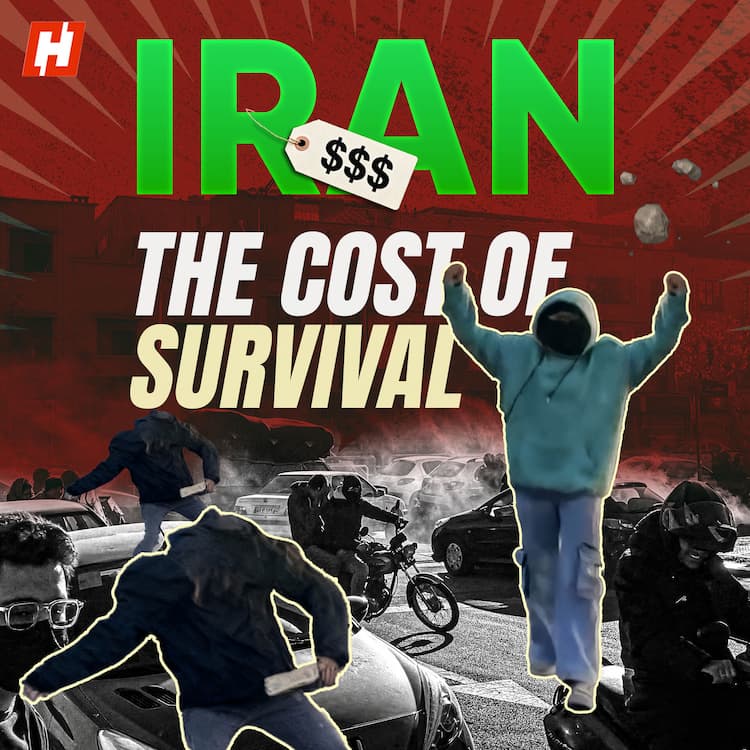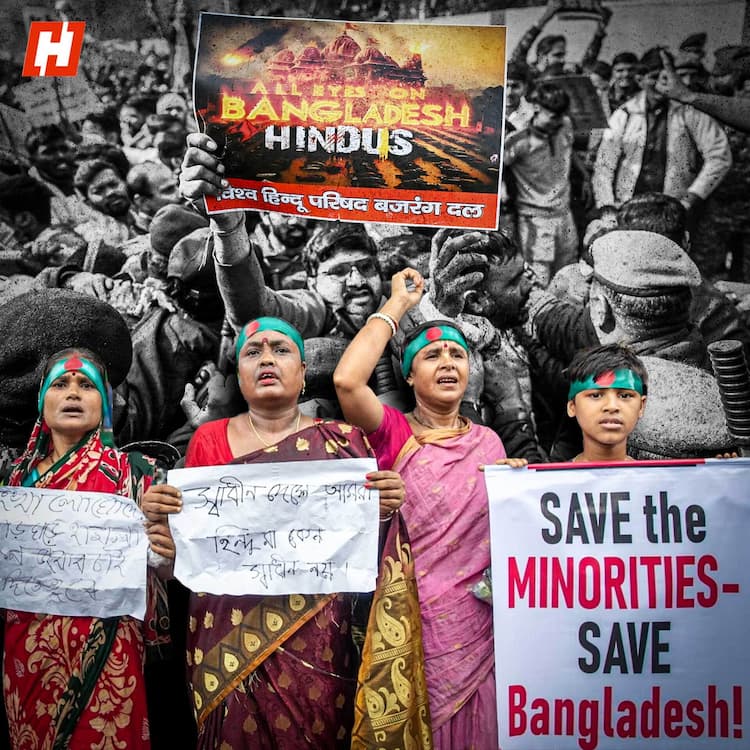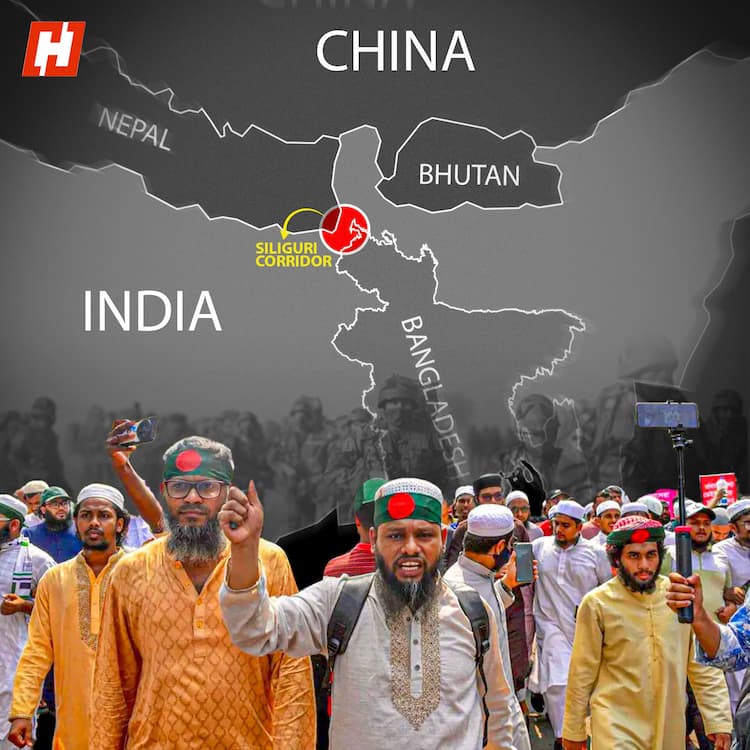The Maoist era may be slowly coming to a close. The recent encounter of Madvi Hidma, the surrender of top leadership and a worn-out ideology, the movement is slowly and gradually coming to an end. But, why should it matter?
First, there's the obvious issue of internal security. The Maoist movement's main aim is to overthrow the state through a protracted people’s war. This military strategy is loosely based on Chinese revolutionary leader Mao Zedong. They pose a significant security threat to the state’s authority and institutions.
Maoism losing relevance?
Secondly, socio-economic fault lines. Maoism traces its roots to the communist political uprising that took off in the 1920s. What started as an anti-colonial struggle morphed into an armed rebellion against the state in 1967.
Remember, the 1960s was a decade of significant economic instability and widespread poverty in India. It was driven by a combination of agricultural failures, external conflicts, and the shortcomings in early economic planning.
The impact was starkly felt in the Naxalbari village of West Bengal, where the Naxal movement (as it was called back then) began.
Initially, the Naxal revolution was defined by peasant protests against land inequality. They accused the government of neglect and failure to implement land reforms.
But, police firing on protesters gave birth to an armed rebellion -- the Maoist movement.
The incident inspired other revolutionaries across the country. Several states like Chhattisgarh, Jharkhand, Odisha, Maharashtra, Kerala, West Bengal, Madhya Pradesh, and parts of undivided Andhra Pradesh soon witnessed revolts. They effectively formed what is now called the ‘Red Corridor’.
The existence of Maoism signals deep distress in rural areas. It suggests government policies are ineffective.
Govt doubles down on Left Wing Extremism
Thirdly, there's political instability. Maoist activities often create a state of political instability in the affected regions. Wherever Maoists operate, governance weakens, elections are affected, administrations struggle, and ultimately, development stalls.
That's why the Indian administration -- across different governments -- has sought to end the Maoist movement.
So, is India close to eliminating the biggest internal security threat?
Can the encounters and surrenders truly translate into the political assimilation of insurgents?
Or will unresolved socio-economic issues keep Maoism alive?





